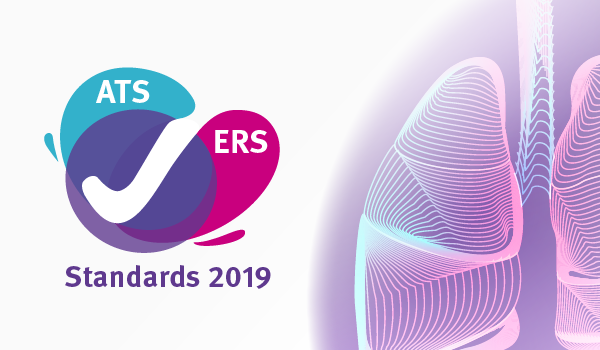ERS/ATS Spirometry Standard 2019 Part 3
To continue our in-depth analysis of the new spirometry standard, in today's article, we will focus on part 3 of the series \| PFT - DLCO • 3 min read

To continue our in-depth analysis of the new spirometry standard, in today’s article, we will focus on part 3 of the series:
- Harmonization with ISO 26782
- FVC maneuver with maximal inspiration and end of test criteria
- The new quality grading system
- Report parameters
- New criteria for slow VC maneuver and bronchodilator responsiveness testing
- Newly required usability features
Before we dive into the newly proposed quality grading system, it is helpful to understand that, first of all, FVC and FEV1 are separately evaluated. Secondly, the set of quality criteria that an acceptable FEV1 and an FVC measurement needs to observe is also different. With the new standard, the term Usability is introduced alongside Acceptability to determine compliance with those quality criteria.
Quality Criteria for Acceptability and Usability
Indicators for quality criteria remain largely unchanged compared to the 2017 ATS PFT report standard, with one modification and one addition. End of test criteria have been modified, and the difference between FIVC and FVC is used as an additional quality control measurement. These topics were covered in detail in part 2 of this newsletter series.
We already know that in order for the FEV1 or FVC report value to be acceptable, most, but not all, quality criteria have to be fulfilled. With the new standard, however, measurements failing even more of those criteria can still be of clinical value. In those cases they are marked as usable.

The Grades: A, B, C, D, E, U, and F
The definitions of grade A to F defined in the 2019 spirometry standard are aligned with those stated in the 2017 ATS PFT report standard. Between grade E and F we now have grade U, which means that there is 0 acceptable measurement but at least one usable measurement.

